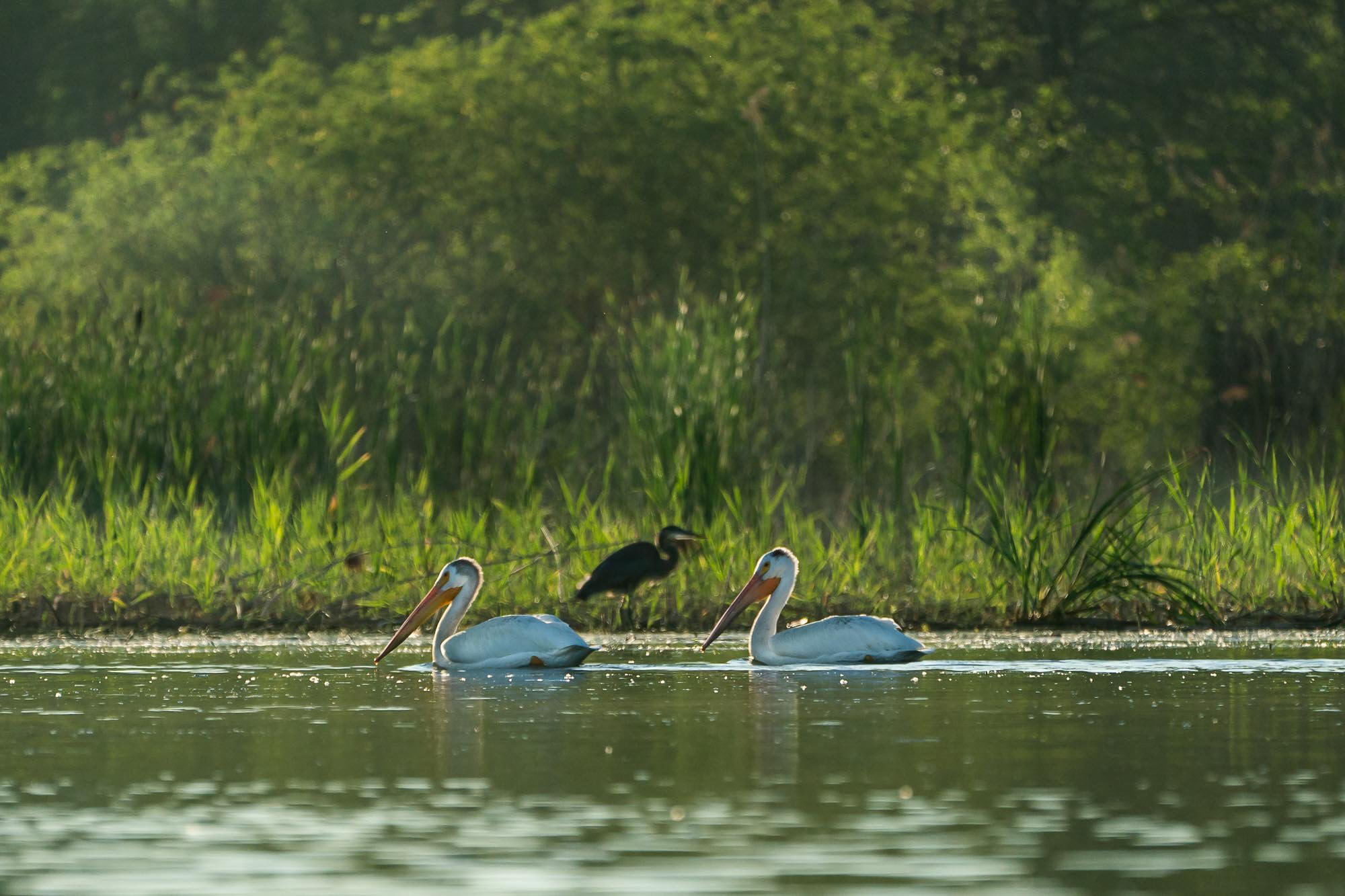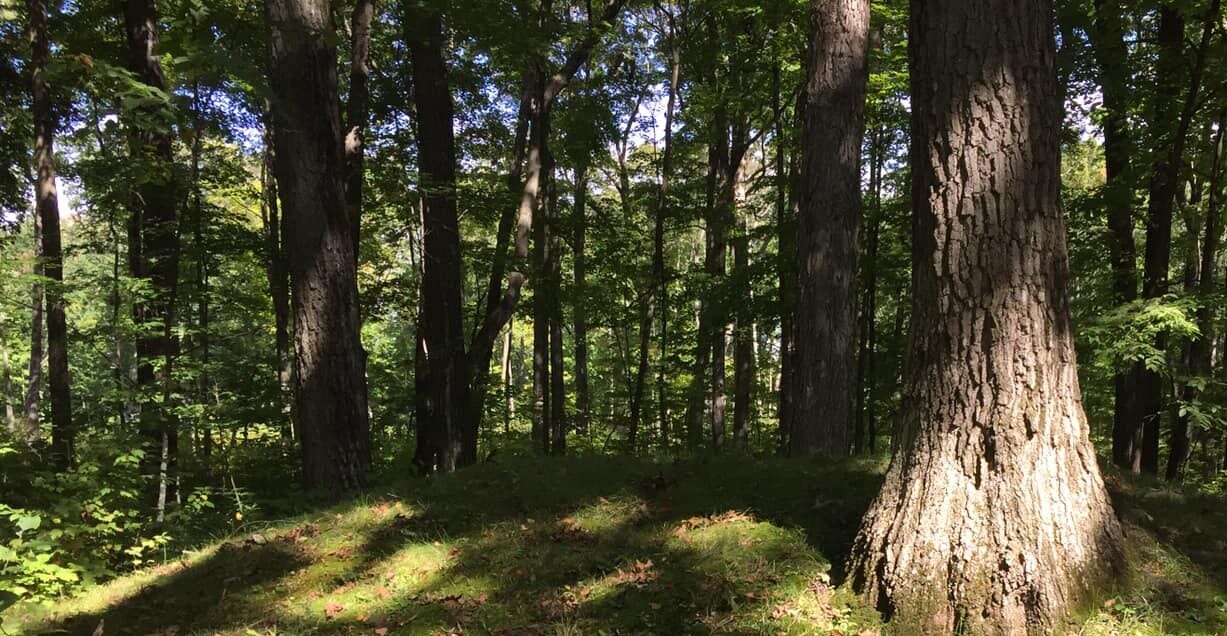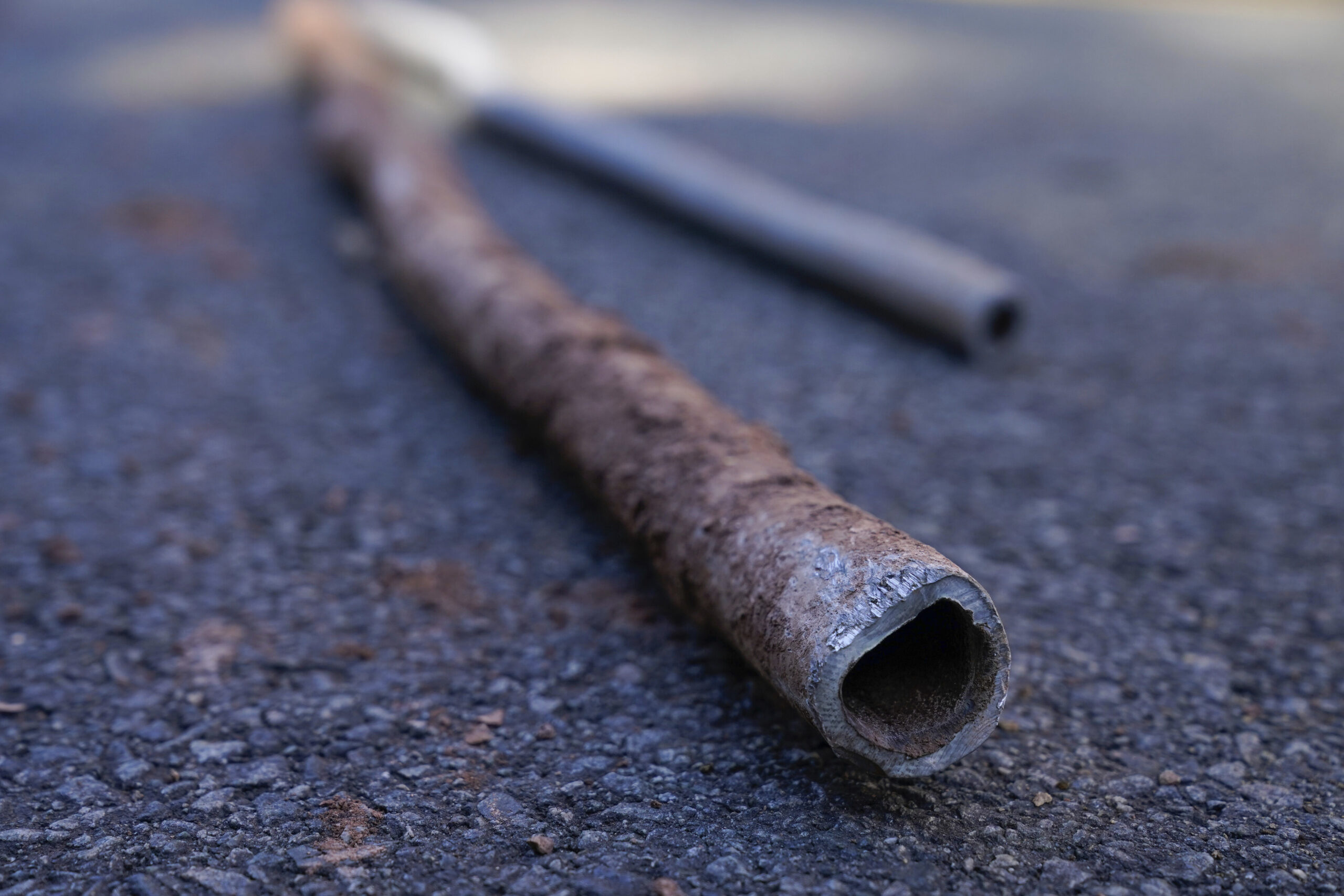Gov. Scott Walker signed a bill Tuesday that he says offers “common-sense” solutions to waterfront property owners.
The new law is a slimmed-down version of the legislation that was originally introduced. The bill that initially passed the state Assembly would have allowed property owners to dredge lakes with only a “general” permit from the Department of Natural Resources, instead of a more stringent “individual” permit. It also would have done away with the state’s Public Trust Doctrine, which says the waters belong to everyone in Wisconsin.
Those provisions were removed by the state Senate.
Stay informed on the latest news
Sign up for WPR’s email newsletter.
The version signed Tuesday removes some local control over construction permits. That’s good news to Ed Heyward, who owns a waterfront home on Washington Island. He said he’s fought Door County for four years in an effort to expand his house.
“We’ve been told that we need to tear down the house that’s there, and it’s a two-bedroom house, not a dinky little fishing shack, which it’s been referred to (as) in the paper,” said Heyward.
Walker said the new law will help people like Heyward.
“I think most people look at a crumbling boathouse, and say, not only would you expect the property owners wouldn’t want that, I think most other people using the lakes or bodies of water would like to see properties kept up,” he said.
In its original form, Kerry Schuman, the executive drector for the Wisconsin League of Conservation Voters, called the bill a “grab bag” for developers. She said she still has concerns about the legislation, which she said allows developers to fill in some wetlands that aren’t federally protected.
“Many are protected by federal law, but 20 percent aren’t,” said Schuman. “And in Wisconsin, we had the foresight to protect that additional 20 percent. And this bill removes those protections.”
Walker signed the bill at a Green Bay-area construction company.
Wisconsin Public Radio, © Copyright 2024, Board of Regents of the University of Wisconsin System and Wisconsin Educational Communications Board.







